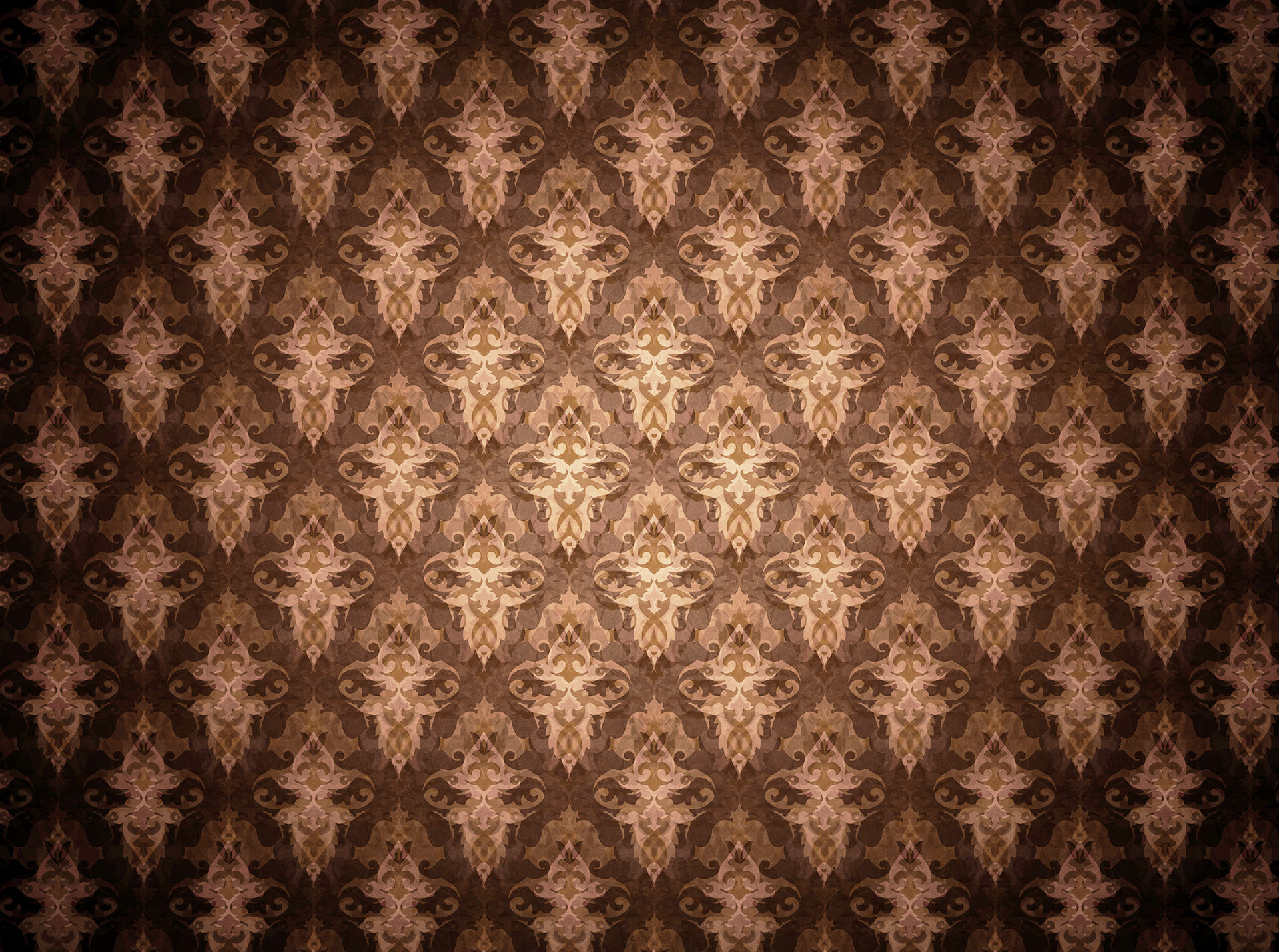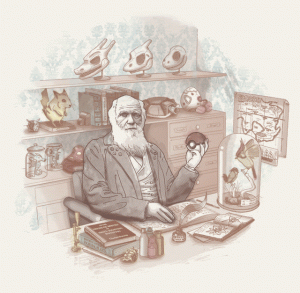A Capella Science and Guilty Heroism
If we think about “historiography” as meaning, “ways of understanding and writing history,” then the dominant historiography when I was learning was a push-back against “Great Man History,” largely informed by “Social History.” Basically, we were encouraged to reject (or at least challenge) the notion that major change was chiefly the result of titanic, individual actors who, due to some intrinsic virtue (genius, ambition, courage, entrepreneurship, etc.), turned the course of world events at the fated intersection of History and Their Lives. It’s an inviting perspective to take: it bolsters the notion (myth…?) of meritocracy by highlighting achievement and rewards; it populates our stories with meticulously described, richly personal characters who can be worshiped, emulated, and reverently shared – legends are appealing. It simplifies narrative, too, making history more accessible and the forces of cause and effect more comfortingly intuitive.
Growing up in an academic and scholastic culture that highlighted the flaws of Great Man History made it difficult to seriously countenance the notion of the “hero.” Even though epic individuality featured in most of the narrative-driven games I played, everything was overlaid with and troubled by the prima facie teachings of social history: change is only legitimately understood through the complex interactions of social systems, and if individuals are remembered, it tends to be because they were in the right place at the right time. For example, if not Galileo, someone else would soon have pointed a spyglass at the sky and come to the same conclusions in relatively short order – the ideas of Copernicus were already in the wild, lens-grinding and glass-manufacturing were already improving, the printing press was already saturating societies with explosive, uncontrollable communication, the literal orthodoxy of the Catholic church was already being undermined by Protestantism and Renaissance humanism. Galileo just happened to be the guy, okay?
All of this is preamble to explain that I feel uncomfortable using the word “hero” to laud an individual’s accomplishments, but yet I keep encountering contemporary artifacts and accomplishments that seem so unexpectedly-independently epic to me, that “heroic” is the adjective I need to use.
Read MorePhilomathy Returns?
Hi ho, folks. Philomathy’s been down for several months, following a planned hiatus and then an unplanned despondency period when I discovered I hadn’t successfully backed up the content, and that several years of writing had poof’d.
With Brian’s help and encouragement, we tracked down many of the longer articles through archive.org, and I’ve been able to build a skeleton of the missing ones; since most of the posts were written by hand, I have a stack of notebooks that I’m hoping to raid over the next little while so that I can gradually repopulate Philomathy’s history. It won’t be perfect, and I’ve changed an awful lot since those early posts (many of which are painfully twee to read now, in the sere dotage of my present vernacular), but I’d love to recover that record.
Read MorePokémon Go and iNaturalist
It’s too soon to tell if Pokémon Go is a transformative, niche-lifestyle-gone-mainstream-because-money phenomenon, or if it will burn out like Furbys and Pogs, but as I dodged past a pair of parallel-playing Poképedestrians this morning, I realized that my easy scorn was hypocrisy: I had merely already satisfied my own urge to collect and catalogue, though on reflection, my way was obviously superior, and therefore I was allowed to be smug again.
Read MoreBasic Information
 One of the perks of my relationship right now is that my ladyfriend has both been a professional and studied musician, and she’s of a scientific bent. This means I can ask her fairly pointless questions and get hugely satisfying, thorough explanations with very little work invested on my part.
One of the perks of my relationship right now is that my ladyfriend has both been a professional and studied musician, and she’s of a scientific bent. This means I can ask her fairly pointless questions and get hugely satisfying, thorough explanations with very little work invested on my part.
I’ve been wondering, for example, why the bass guitar parts of musical ensembles seem to be simplistic and dull compared with the more complex parts played by other instruments—lead guitar and keyboard most obviously. This is more blatant when comparing solos, and seemed to be consistently unflattering to the bassist, presumably in terms of compositional attention (if not the performer’s ability). So, I asked Carolyn, “is the discrepancy between the complexity of lead and bass guitar parts a function of the physical characteristics of the instruments, musical conventions, the egos of band leaders, or…?”
Read MoreValediction 2
Danny from 2016: My M.A. years, and the thesis that came out of it was an awfully dark period, marked probably by undiagnosed depression, but also a number of good things: I got fit, I met my thesis supervisor, Clare Brett, who continues to be my exemplar for the non-academic responsibilities of a mentor and good human, I experienced unalloyed, simple joy in solitude at my family cottage, and as the miasma of the struggle dissipated, I eventually became proud of what I’d produced. It took me at least a year not to feel broken, and I still don’t think the document’s tremendously good (or useful) reading, but if you’re interested to see what all this resulted in, I’ve built a little shrine for the misshapen leviathan over here.
I started writing this in my head during a shower two days before I finished my thesis, when my albatross fell off prematurely and hope flooded in. I felt superstitiously hubristic, but I couldn’t stop being happy and peaceful. It was awful.
I don’t know how much those minutes of time-warped exaltation were responsible for my ambivalence when people (all the people) subsequently asked me how it felt to be done—it’s been old news since before it happened. There’s other stuff, though: I also didn’t feel like I’d accomplished anything meaningful: my work was incredibly narrow in scope, with a rotten theoretical foundation, which makes it unlikely that I’ll be able to chop it up into articles and offer it up to Academe, which is really the only way it might begin to make a contribution. I’m not planning to teach in Second Life. The document, in terms of broader literary value and polish, is a crooked sandcastle rendered in sun-ripened meconium, capable of bringing joy to no one I’d be comfortable meeting without adult supervision. The sheer output of words seems impressive, but my snobby creative self immediately points out that it could have been a novel. The thought of going on to do a PhD right now is revolting, and I have some very good friends who, if I seriously considered the enterprise anytime soon, could be counted upon to quite rightly break my legs. I took two extra years to finish, at a pretty significant cost to my family’s finances and emotional wellbeing. I’m not celebrating.
Read MorePodophilia
I’ve had two distinct golden ages of walking: one was during undergrad, when I explored the trails around Nipissing and North Bay listening to Teaching Company lectures, and the other seems to be right now. I’ve been at my family’s cottage since last autumn and through the winter, with walking being a critical part of my lifestyle: the grocery store is a six kilometre round trip, and is a very boring route, so I’ve taken to adding variety by hiking the trails near Brechin and Lagoon City to get there. This typically entails detours of another four to eight kilometres, often in completely the wrong direction. The bush here is swampy and beautiful, riddled with nicely-maintained ATV roads and a raised, straight strip of land that used to be a railroad line, handily cutting across the wetlands in slow, stately dereliction. The bugs, which can be monstrous during the summer because of all the standing water, haven’t yet appeared, so the walks are essentially perfect.
Read MoreInky Doodles
After two years of flaccidly trying to get a poetry group together (and now that I’m daily trying to figure out what to spend my hour-long writing sessions on), I’ve decided to work through Stephen Fry’s The Ode Less Travelled by myself. But, the exercises don’t start for a while, and I’m bloody-mindedly reading it from the beginning (for the fourth time), so I got twitchy. I did a couple of mad doodles, starting with this.
Stand, deliver up thy blows,
Weak in heart and long in nose,
Cyrano, before the sun:
Silhouetted, underdone.
I have no idea what it means. If I’m very lucky, some scholar will devote her dissertation to excavating my genius while I’m still alive, and my curiosity will eventually be satisfied. For now, I’ll assume it’s nonsense.
I like the metre, though.
Read More
